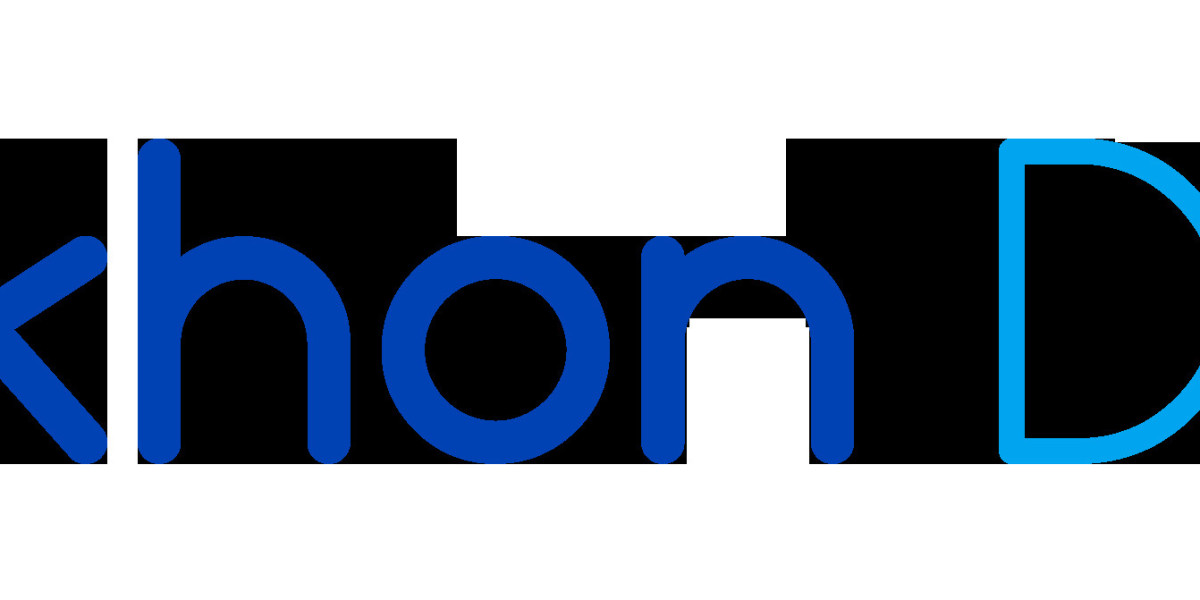Germany has become one of the top destinations for students pursuing an MBA due to its robust economy, focus on innovation, and abundance of job opportunities in various sectors. With its strong global economic position, Germany offers MBA graduates a wealth of career possibilities across industries, from finance and consulting to technology and manufacturing. Here’s a comprehensive look at what career opportunities await MBA in Germany, the industries and roles they can explore, and why this country is such a promising destination for professionals.
Why Choose Germany for an MBA?
Germany's reputation as a hub for high-quality education, research, and technological innovation makes it an attractive choice for MBA aspirants. Additionally, Germany’s commitment to affordable or even tuition-free education in many cases is a significant advantage. A booming economy, a strong presence of multinational companies, and a culture that embraces diversity make Germany one of the most lucrative options for MBA graduates looking to kickstart or advance their careers.
In Germany, industries such as automotive, engineering, finance, consulting, and technology are at the forefront, offering a wide variety of roles for MBA holders. Furthermore, with the country’s focus on sustainability, renewable energy, and digital transformation, new fields are emerging, creating exciting career opportunities for graduates.
Universities for MBA in Germany with High Employability
Here are some MBA colleges in Germany known for MBA programs with high employability:
Mannheim Business School – Known for strong industry ties and excellent career services.
WHU – Otto Beisheim School of Management – Renowned for consulting, finance, and high employability rates.
ESMT Berlin – Offers robust networks in technology, consulting, and entrepreneurship.
Frankfurt School of Finance & Management – Top choice for finance and banking careers.
HHL Leipzig Graduate School of Management – Small class sizes, strong alumni network, and great for entrepreneurship.
TUM School of Management (Munich) – Known for combining technology and management, ideal for tech-oriented careers.
These institutions provide extensive career support, networking opportunities, and strong connections with leading companies in Germany and beyond.
Popular Career Paths for MBA Graduates in Germany
Consulting:
Management Consulting: Top-tier consulting firms like McKinsey & Company, Bain & Company, and Boston Consulting Group have a significant presence in Germany.
Strategy Consulting: German companies, especially in the automotive and engineering sectors, heavily rely on strategy consultants to drive growth and innovation.
IT Consulting: The booming IT industry in Germany offers numerous opportunities for MBA graduates with a focus on technology and digital transformation.
Finance:
Corporate Finance: Roles in corporate finance, including mergers and acquisitions, investment banking, and corporate treasury, are abundant in Germany's financial institutions.
Investment Banking: Frankfurt, Germany's financial hub, is home to major investment banks like Deutsche Bank and Commerzbank.
Private Equity and Venture Capital: The German venture capital scene is thriving, with numerous funds investing in innovative startups.
Automotive Industry:
Product Management: German automotive giants like Volkswagen, BMW, and Daimler offer exciting opportunities for MBA graduates to lead product development and launch initiatives.
Supply Chain Management: The complex global supply chains of German automotive companies require skilled MBA professionals to optimize logistics and procurement processes.
Sales and Marketing: The automotive industry in Germany offers diverse roles in sales and marketing, both domestically and internationally.
Technology and Digital:
Digital Marketing: The increasing digitalization of businesses has created a demand for skilled marketing professionals to leverage online channels.
E-commerce: German e-commerce companies like Zalando and Otto Group offer exciting career opportunities in various roles, including product management, marketing, and operations.
Software Development and IT Consulting: The German tech industry is booming, with numerous startups and established companies seeking talented MBA graduates with a technical background.
Renewable Energy:
Project Management: Germany's commitment to renewable energy has led to a surge in renewable energy projects, creating opportunities for project managers.
Finance and Investment: The renewable energy sector attracts significant investment, offering roles in finance and investment analysis.
How to Find Jobs in Germany?
Finding a job in Germany can be a streamlined process if you know where to look and what steps to take. Here’s a concise guide to help you:
1. Use Job Portals and Websites
Job Portals: Popular German job portals include StepStone, Indeed.de, Monster.de, and Glassdoor.
Specialized Sites: For tech jobs, try Stack Overflow Jobs and XING Jobs. LinkedIn is also widely used in Germany for professional networking.
2. Networking
Attend industry conferences, networking events, and career fairs (e.g., JobMesse).
Join professional platforms like XING (a German equivalent of LinkedIn) and LinkedIn to connect with recruiters and professionals in your field.
3. Company Websites
Visit the career pages of companies you’re interested in directly. Many German companies post open positions exclusively on their own websites.
4. University Career Centers
If you’re an international student or recent graduate, use your university’s career services. German universities often have connections with local companies, offering internships and job placements.
5. Recruitment Agencies
German recruitment agencies, like Adecco, Randstad, and Manpower, can help connect you with job opportunities tailored to your profile.
6. Consider Language Skills
While some jobs are available in English, learning German can greatly improve your chances, especially in non-tech roles. Basic conversational German is also beneficial for interviews and workplace integration.
7. Apply for a Job Seeker Visa
If you’re non-EU and want to search on-site, a German Job Seeker Visa allows you to stay for up to 6 months to find employment.
Each of these steps will help you gain visibility in the German job market and increase your chances of securing a job that aligns with your skills and career goals.
Work Permit MBA in Germany
After completing an MBA in Germany, international graduates have favorable work permit options to help them start their careers. Non-EU students can apply for an 18-month job seeker visa to search for relevant jobs. Once employed in a qualifying position, they can switch to the EU Blue Card, which is designed for highly skilled workers. The Blue Card offers a pathway to permanent residency after 33 months of employment or 21 months with German language proficiency.
Germany actively seeks skilled professionals, particularly in engineering, finance, IT, and consulting, making MBA graduates highly desirable. With a welcoming work environment, competitive salaries, and a stable economy, Germany is an excellent choice for building a professional future.
Conclusion
In conclusion, Germany offers a wealth of career opportunities for MBA graduates across diverse industries such as consulting, finance, technology, automotive, healthcare, and renewable energy. The country’s strong economy, commitment to innovation, and global business presence make it an ideal place to start or advance a career after an MBA. With high employability rates, supportive visa policies, and a work culture that values efficiency and work-life balance, Germany attracts talent from all over the world. For those willing to embrace the language, cultural nuances, and robust work ethic, an MBA in Germany can be the gateway to a rewarding and successful international career.
FAQs
1. What industries offer the most opportunities for MBA graduates in Germany?
Germany's robust economy offers diverse opportunities across sectors. The automotive, engineering, and technology industries are particularly strong. Additionally, finance, consulting, and renewable energy sectors present significant career prospects for MBA graduates.
2. What are the average starting salaries for MBA graduates in Germany?
Starting salaries for MBA graduates in Germany can vary depending on the industry, company, and specific role. However, on average, MBA graduates can expect competitive salaries, especially in sectors like finance, consulting, and technology.
3. How important is it to learn German for career success in Germany?
While many multinational companies in Germany conduct business in English, learning German can significantly enhance your job prospects. It demonstrates your commitment to the country and culture, and can open doors to a wider range of opportunities, especially in smaller companies or German-speaking regions.
4. What are the visa and work permit regulations for international MBA graduates in Germany?
Germany offers a variety of visa options for international students, including the Student Residence Permit and the Job Seeker Visa. After completing your MBA, you may be eligible for a work permit to stay and work in Germany. It's essential to research specific visa requirements and consult with immigration authorities to ensure compliance.
5. What are the cultural considerations for international MBA graduates working in Germany?
German culture values punctuality, direct communication, and a strong work ethic. Understanding these cultural nuances can help you adapt to the workplace and build strong professional relationships. Additionally, being open to new experiences and embracing the German way of life can contribute to a successful career in Germany.








